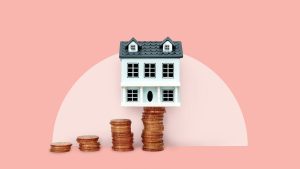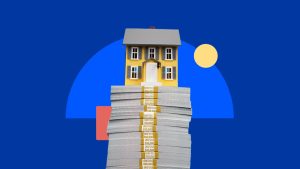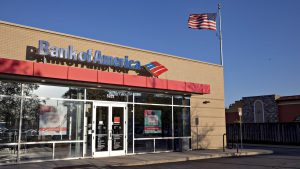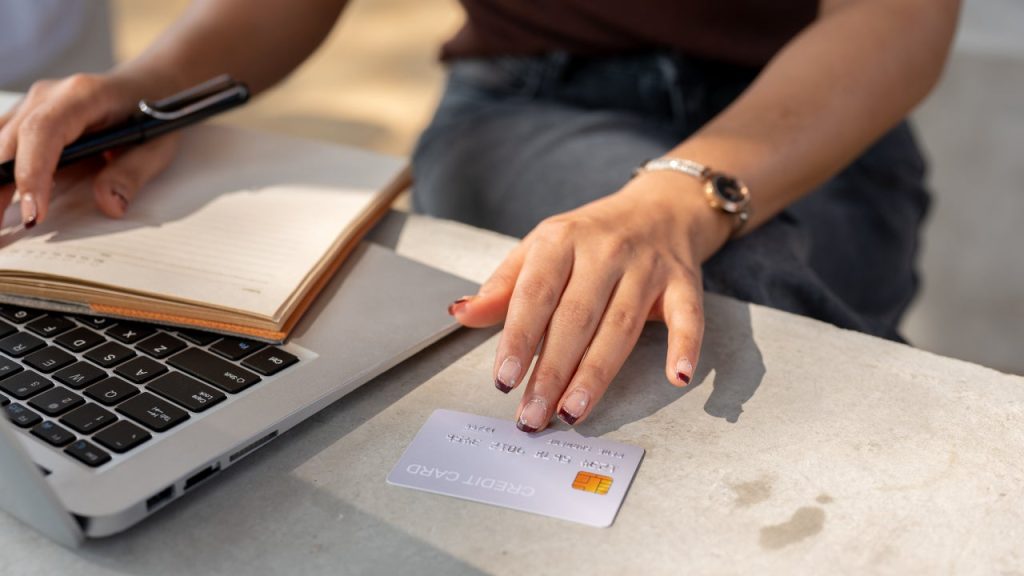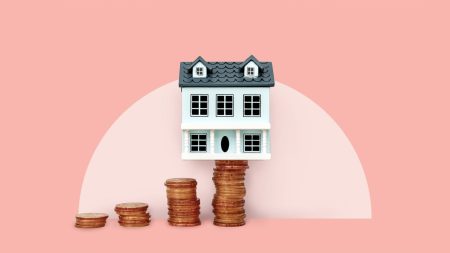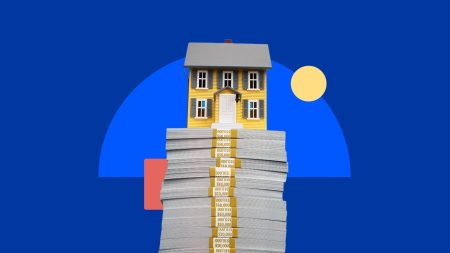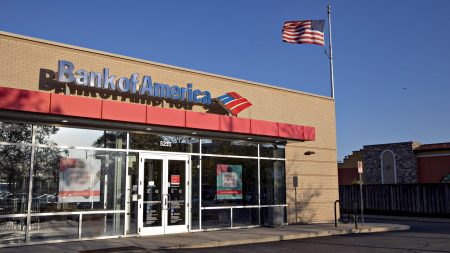Economists say there’s at least a 1-in-3 chance of a recession (36 percent) in the next 12 months, according to Bankrate’s latest Economic Indicator Poll. A recession would be bad news for everyone, and it could be even worse if you’re carrying expensive credit card debt.
The average credit card debt is $6,730, according to the most recent data from Experian. Facing the risk of financially hard times with such an amount of debt can be daunting. And getting rid of debt is usually a challenging task.
The prospect of carrying a credit card balance into a recession is a valid worry to have. That’s because credit card issuers often tighten underwriting in a recession, making it harder to access additional credit when you need it.. I spoke with Martin Lynch, president of the Financial Counseling Association of America, about how to think about your credit card debt right now, as well as what steps to take to be prepared for a potential economic downturn.
Why you should prioritize credit card debt if you’re concerned about a recession
We’re not currently in a recession, and predictions on whether we will be at some point in the near future are all over the place.
When President Trump announced massive tariffs in April, for instance, JPMorgan estimated a 60 percent chance of a recession this year. By May, the tariffs were drastically cut back – leading JPMorgan to set recession risks at below 50 percent — lower, but still a bit scary for my liking.
Access to credit can be crucial during an economic downturn. When other options, such as relying on savings, are exhausted, it’s credit cards that people often have to use.
“The banks that issue [credit] cards know full well the recession could be coming, and they’re going to tighten new credit opportunities,” Lynch says. “Preserving the credit you’ve got and paying down the balances is really an appropriate way to prepare.”
How to prepare for a recession if you have credit card debt
Dealing with credit card debt is daunting even in less volatile times. But during financial uncertainty, it’s especially important to be methodical about the issue.
Don’t panic
You might feel the sense of urgency, but don’t let it prompt you into action without strategy. Otherwise, you may find yourself picking unwise solutions or taking irrational steps.
“You can’t panic,” says Lynch, explaining that just like inaction, panic tends to lead to negative outcomes. “You have to create a plan and stick to it.”
Revise your budget to focus on debt
Look at your budget and see how you can make room for higher credit card payments to get rid of the debt faster. That might involve cutting certain expenses or seeking additional sources of income.
Paying down your card balance can help your credit score, Lynch explains. This is because credit utilization is the most important credit score factor after payment history. It’s responsible for 30 percent of your FICO score. That means even if you can’t pay off your debt in full just yet, even decreasing how much of your credit line you use can help your credit. And with a higher score, it’s easier to qualify for additional credit in case you need it during a recession.
Consider possible recession scenarios
Besides that, get your budget ready for various situations.
“You can experiment with some scenarios that you might encounter during the recession,” Lynch says, offering examples such as loss of income or a certain percentage of it. “[This is] what we call a crisis budget… If it’s a married couple, see what they would need to do to get along on one spouse’s income only.”
With several versions of your budget tailored to such scenarios, you’ll have solid plans to depend on if they become true.
Be careful with debt repayment tools
As you’re working on paying off your debt, you can look into a few tools that can help you save on interest or pay down the balance faster.
For example, a balance transfer card provides an introductory promotional period during which you don’t pay interest on a transferred balance. Some of these cards offer introductory periods of as long as 21 months. If you can pay off the debt during that period, you can save a significant sum on interest charges. Once the period is over, the card’s regular APR kicks in.
Similarly, a debt consolidation loan allows you to pay off your credit cards and take on a single loan instead — ideally, with a lower interest rate.
Whichever tool you choose, it’s crucial to stop charging your old cards as you’re paying off the debt.
“The greatest risk is when people knock down their balances, but they don’t change their behavior that created those high balances in the first place,” Lynch says. “They get the consolidation loan… but then they start charging on the cards again right away.”
When that happens, not only do you still end up with debt, but you’re also adding to it. If you think you might fall into this pattern, these solutions might not be the best for you.
Another thing to avoid is looking for quick results by working with a debt settlement company. Besides being an expensive service, it can never promise guaranteed results (and if it does, it’s most certainly a scam). Plus, it’s likely to have a highly negative impact on your credit score as you’ll be required to stop paying your debts while they’re being negotiated.
Save money if you can
If you pay off your debt, congratulate yourself on this huge success — but don’t stop there. The next step is to keep your credit card balances at $0 while you focus on saving money.
During times of economic downturn, a financial safety net is especially important. It will keep you from borrowing to make ends meet and pulling money from sources like your retirement funds or investments. And, on an emotional level, savings will allow you to feel safer and better prepared.
It’s generally recommended to keep at least three to six months’ worth of basic expenses in your emergency fund. However, if you’re worried about the recession, it could help to save up more. This way, even prolonged unemployment won’t cause you financial distress.
Make sure to keep your savings in a high-yield savings account to help your emergency fund grow faster while keeping it accessible.
The bottom line
No one can tell you with certainty whether or when a recession will hit. But you don’t need them to. It’s always a good idea to prioritize credit card debt repayment and savings. Whatever the economy throws at you, a $0 credit card balance and a well-funded savings account will help you weather any storm.
Read the full article here
